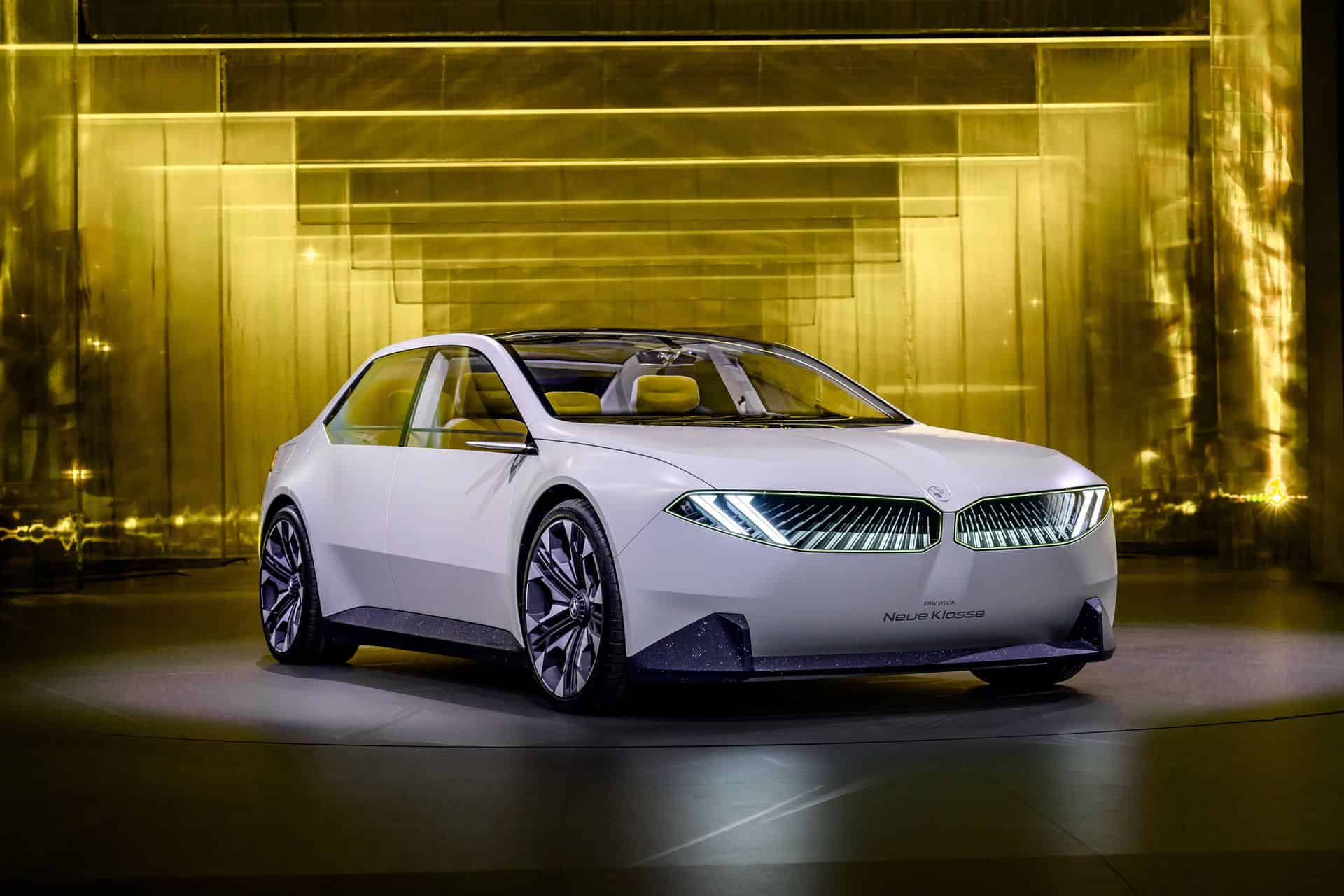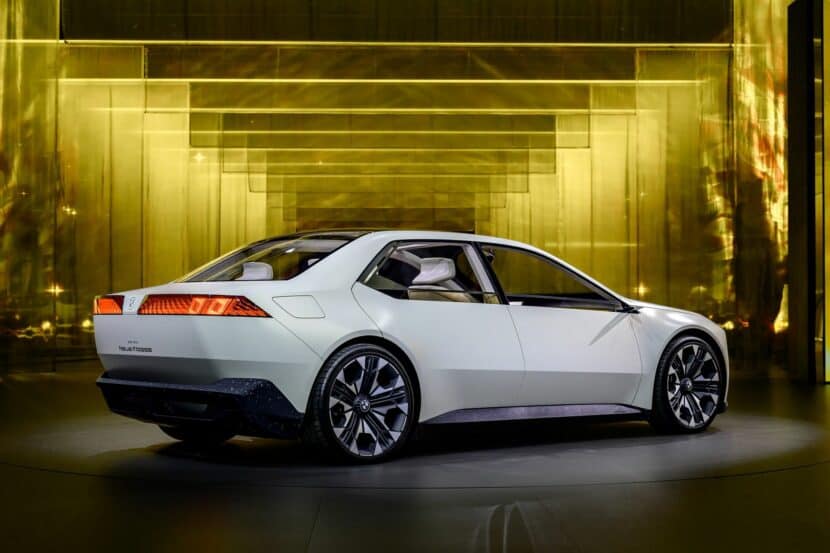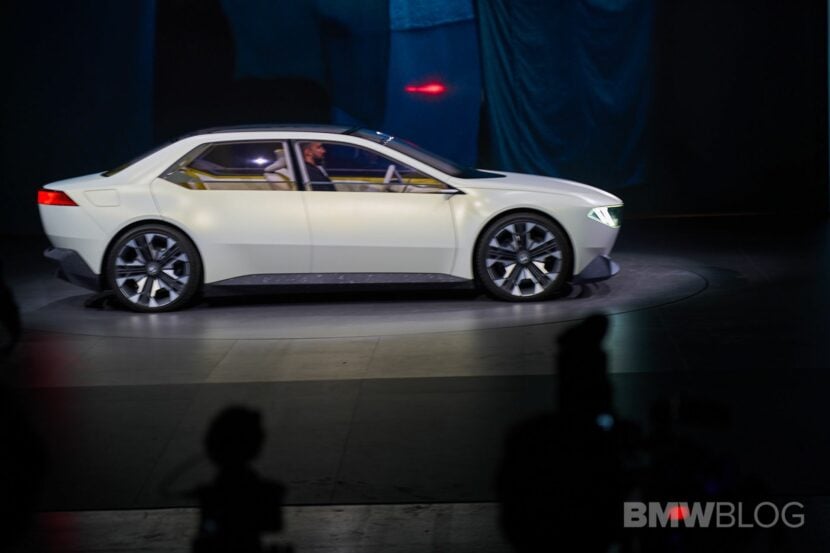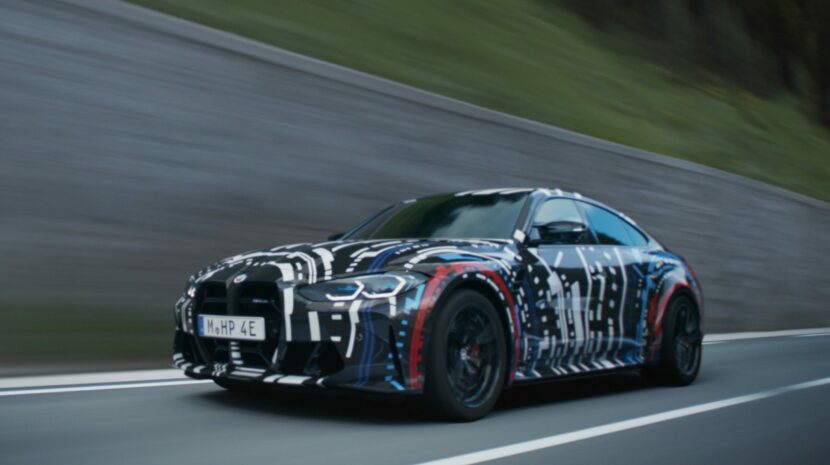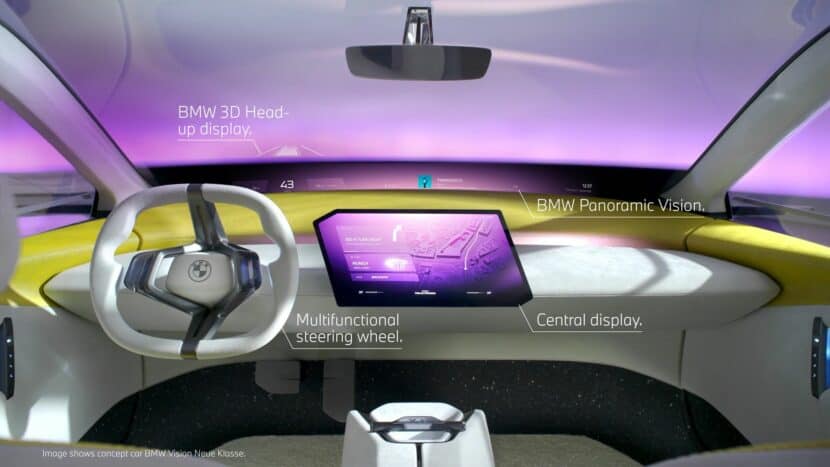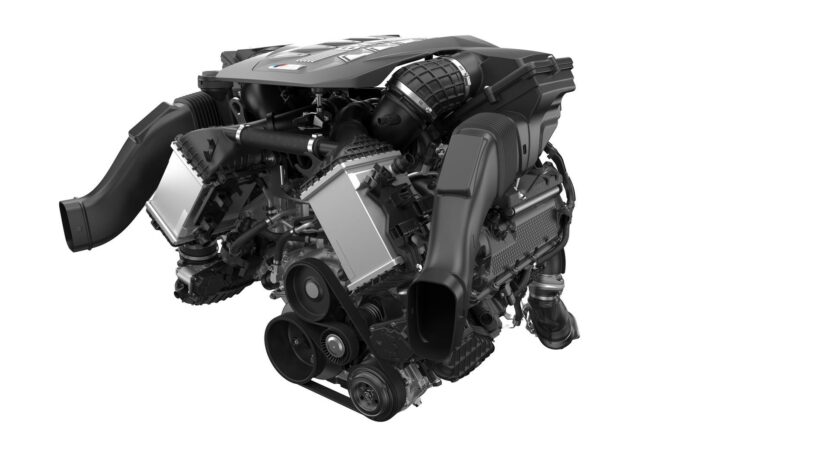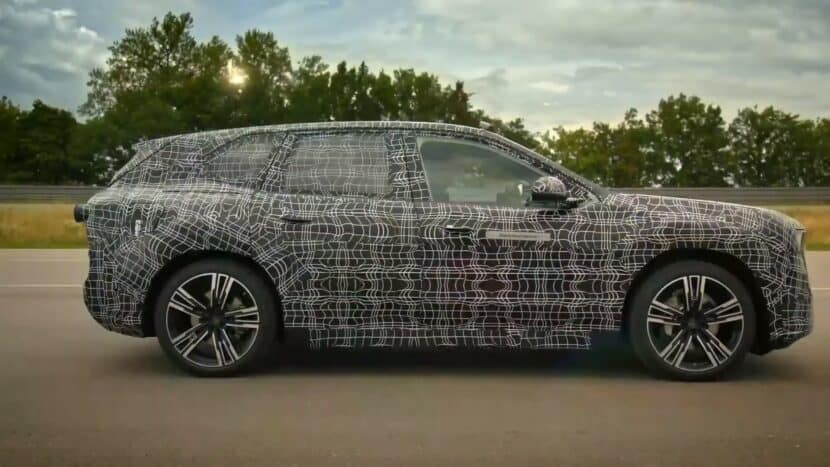After our first encounter with the BMW Vision Neue Klasse, we had the unique opportunity to chat with Frank Weber, BMW’s Board Member and Head of Development. Weber is currently overseeing one of the most significant transformations in BMW’s history, which is both exciting and highly challenging. In this interview, we focused solely on the BMW Neue Klasse which Weber calls it the “biggest investment the company has ever made.”
Neue Klasse – What it Means to Frank Weber, Head of BMW R&D
For Weber, Neue Klasse is about “taking the essence of BMW and transforming it into the future.” He’s conscious of where the brand is coming from, historically – but he’s aware that “it was time to make a major step forward. This took us 20 years to get where we are today.” He sees Neue Klasse as a huge investment – the biggest investment a company has ever made. That’s why you’ll find almost everything on Neue Klasse vehicles unique. “It’s all, all new,” he says, from the user interface to the electrical architecture and how the batteries are installed.
The Four Super Brains of a Neue Klasse BMW
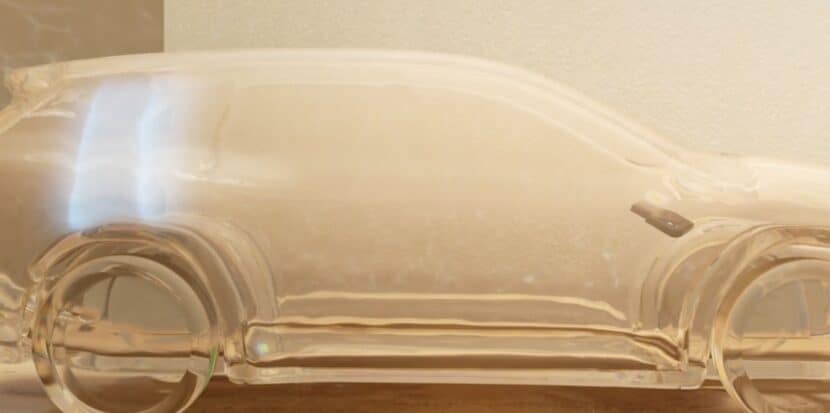
The Heart of Joy. What is it and why it’s important for the company? The BMW R&D boss says there are four central computing units for the car – not one, as many commonly believe. “Everything that is connected to drive, chassis, braking, steering, and propulsion control is in one box. Then we have infotainment, onboard and offboard, everything that has to do with navigation is one unit. Then you have autonomous driving driver assistance,” and finally, vehicle lighting and access.
He calls them “Super Brains.” Thanks to these Super Brains, the Neue Klasse will be more BMW than ever. “Because what this new supercomputer gives us is the opportunity to control every single wheel – with recuperation, with propulsion – together with prediction.” He says that we’ll see what he means in the not-too-distant future. “This is just the beginning of the Ultimate Driving Machine,” he proclaims.
A Captive Audience
In a world where anyone can go fast in a straight line with the power of an electric vehicle, how can the development team guarantee customers continue to choose BMW over other brands? Weber is doubtful customers will continue to see the relevance of the fastest zero to 60 mph times. “This is not what gives you confidence in your vehicle,” he says. “You can even take the market leader at the moment. If you have full acceleration and you take all the available torque and you see how confident the car is behaving, you would say this is not the domain where this car is really, I think, shining.”
Subtle shots at Tesla aside, he says it’s more about keeping cars engaging to drive that will set BMW apart. And it’s not just acceleration or steering that Weber and the development team benchmarks. “It’s true for braking. It’s true for accelerating. It is that kind of total experience that makes the Ultimate Driving Machine.”
Managing CLAR Alongside Neue Klasse
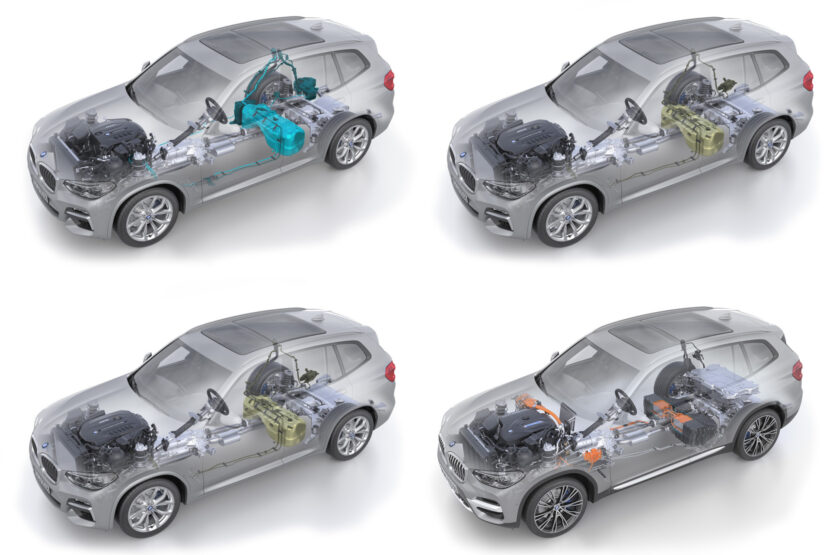
It’s no secret that Neue Klasse units will be in production alongside vehicles that still use the current CLAR modular platform. Weber says that, to them, “a BMW is a BMW,” and people will have choices. The first choice a customer makes is what series they want to drive. They’re choosing propulsion method (ICE or EV), too. While short of a promise, it seems Neue Klasse tech and electrical systems will definitely find their way into new CLAR-based vehicles, too. “I think we have a very robust plan to manage that transition,” he offers.
BMW M and Neue Klasse
Enthusiasts have long hailed the death of the “true M car,” but Frank Weber insists that isn’t the case. “For the M community, which you would think maybe is more traditional – which is not true, by the way, we looked at this very carefully as you can imagine – they want the best performing car. And if you convince them that the best performance they can get is in a battery electric vehicle, they will move immediately.” He clearly states that this isn’t about zero to 60 times – it’s about the connection to the driver. While that might not be what many enthusiasts want to hear, Weber is clear. “We don’t have to worry,” he says. “The Ms articulate the upper end of BMW’s capabilities.”
Constant Updates – For Hardware and Software
It’s already been rumored that the traditional LCI (mid-life model refresh) will be gone with the Neue Klasse. And Weber admits that in our software-driven world, things need to move fast. “The other important thing: when you look at the basic hardware of the vehicle, body, chassis components, brakes…these things have rather a longer lifecycle. For example, battery cells.” The R&D chief also makes an example of driver assistance features.
“After four years, there is a need not only to do software updates, you also need hardware changes to cope with the software,” he says. It’s like running a new program on an old PC. It sounds like updates will be more significant – regarding software and hardware – while still making an effort to keep vehicles in the field relevant. He stresses the importance of having backwards compatibility in their cars moving forward so customers can get at least “a minimum compatibility” for certain features in their new or existing cars.
The Future of Combustion-Powered BMWs?
We had to ask the question: past 2030, is there a world for combustion-powered cars? According to Weber, there is a possibility that small volume cars with combustion power will still exist in the automotive market in 2030. He mentioned that while approximately 50% of the market may have transitioned to electric vehicles by that time, the other 50% could consist of various alternative solutions.
BMW intends to remain flexible in its approach and adapt to changing market dynamics. Weber emphasized that BMW has never officially confirmed a specific end date for combustion engines because it depends on various factors such as the availability of 100% renewable materials, green electricity, recycling capabilities, and charging infrastructure. Therefore, the timeline for the gradual shift towards electric vehicles will be determined by the readiness of these prerequisites.
Neue Klasse Testing Has Begun
The first Neue Klasse products are already on the road, and testing will only intensify as we approach the 2025 launch date. While Weber has not officially confirmed which model will arrive first, our bet is on the BMW iX3, which was teased during the press conference. Weber did mention that we will have a chance to experience the driving dynamics in the near future, so it’s likely that next year we will get the opportunity to try out the new Neue Klasse.


